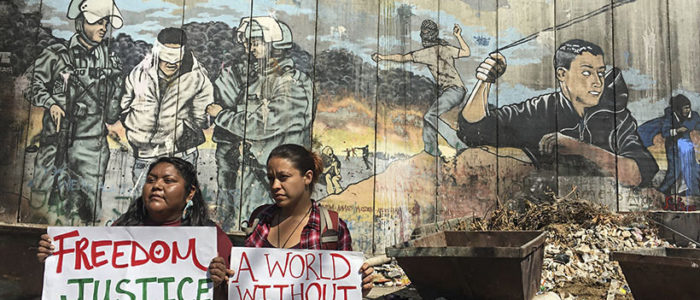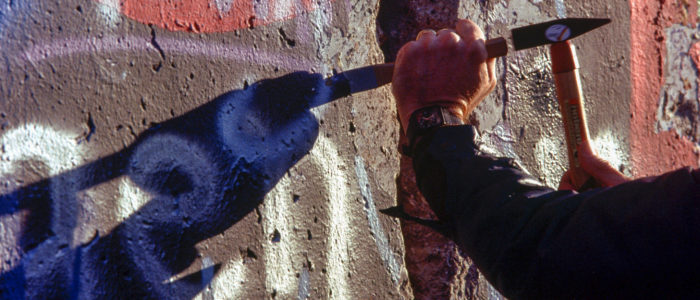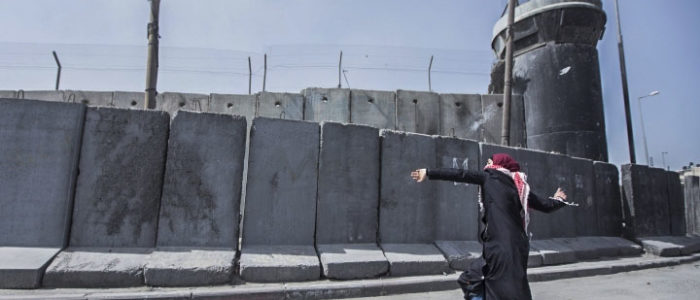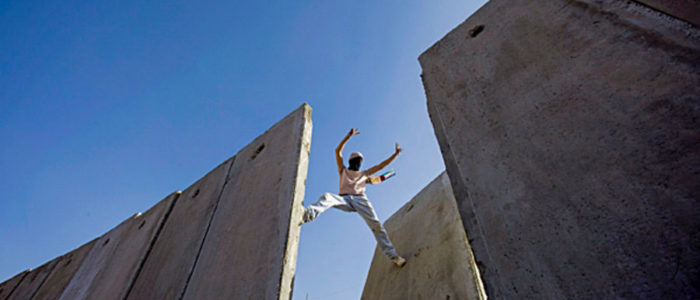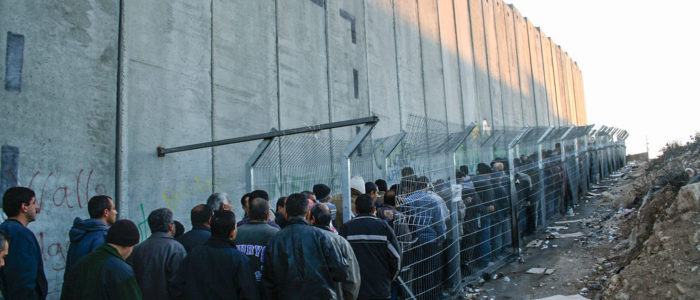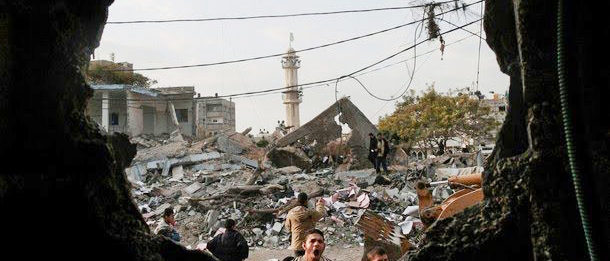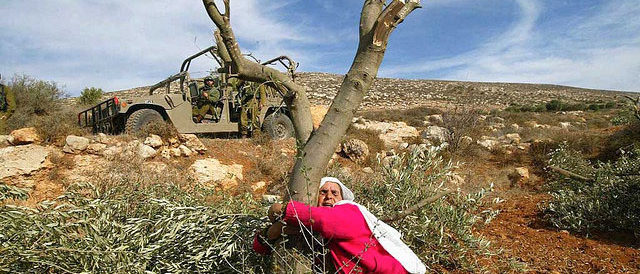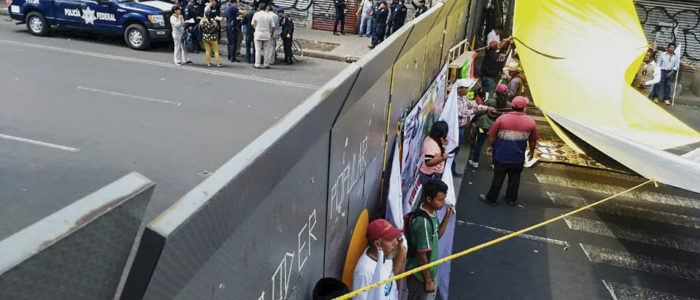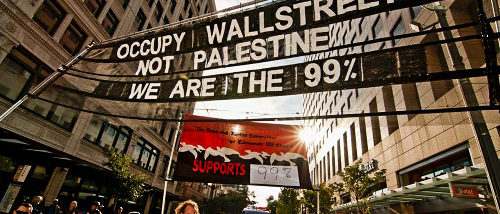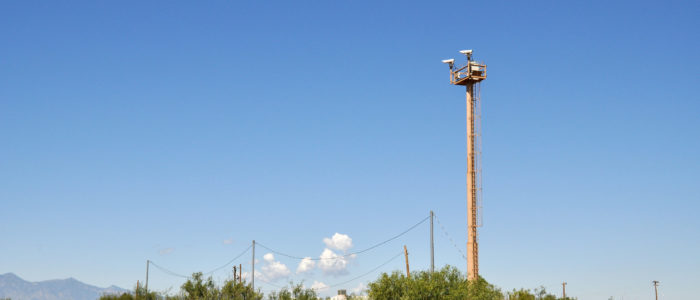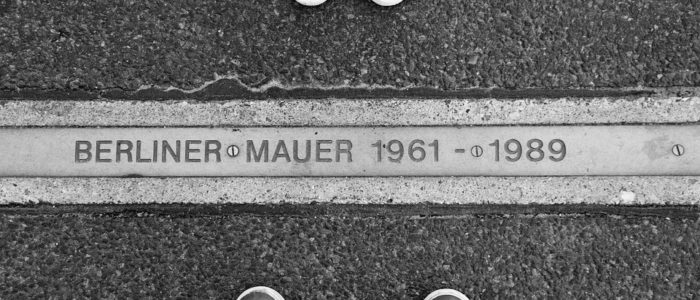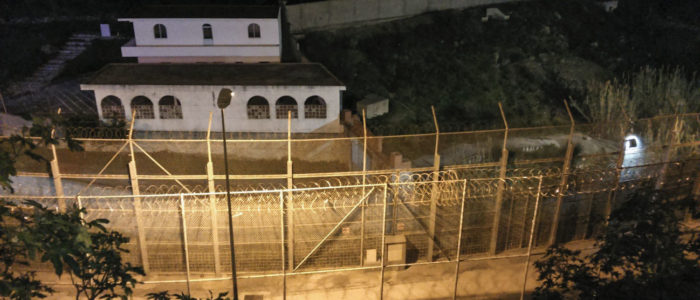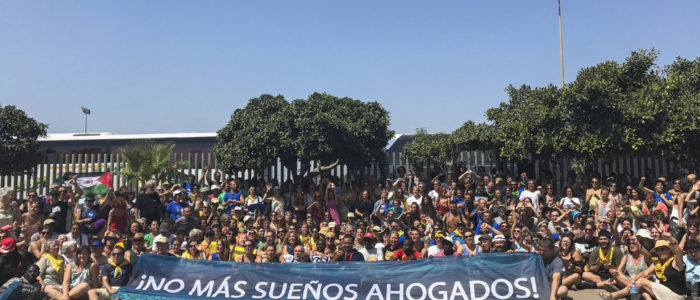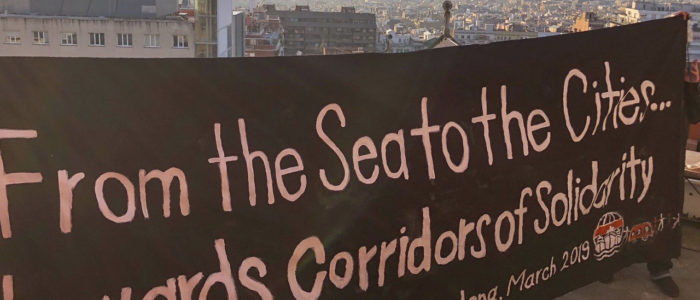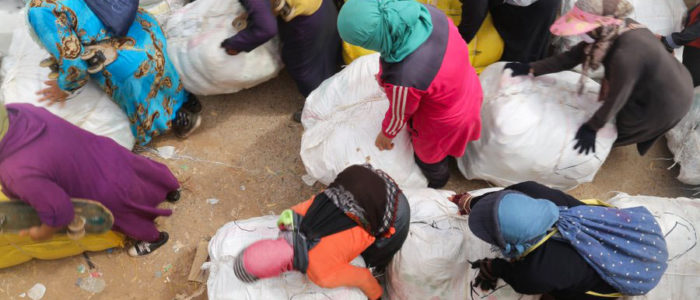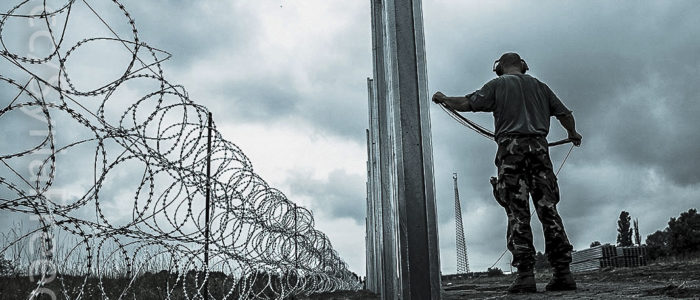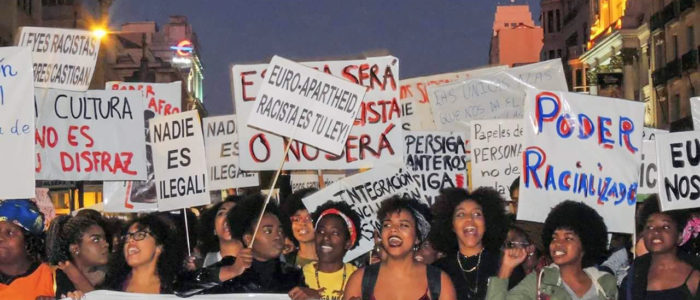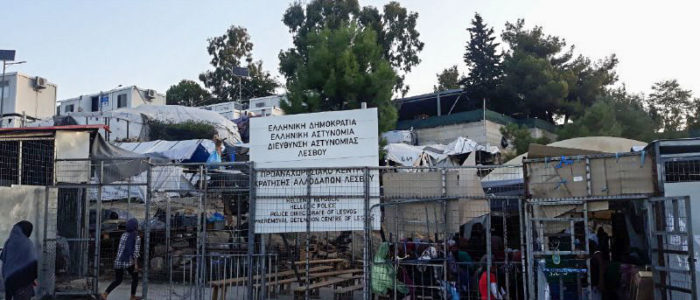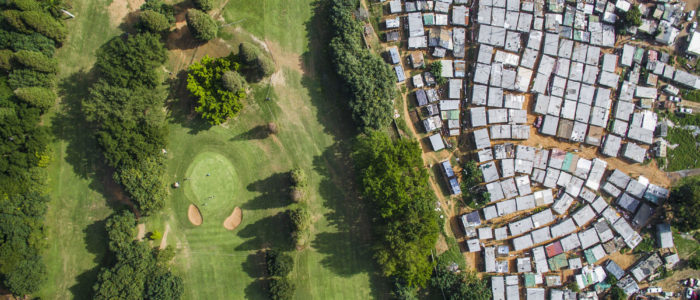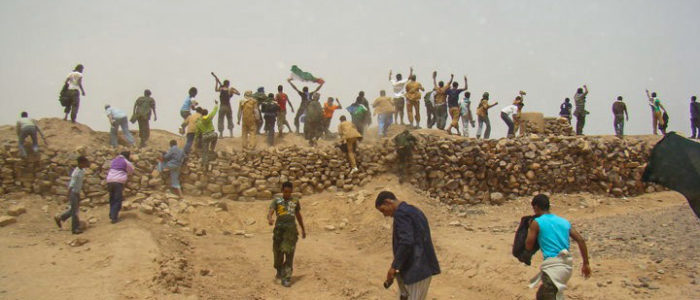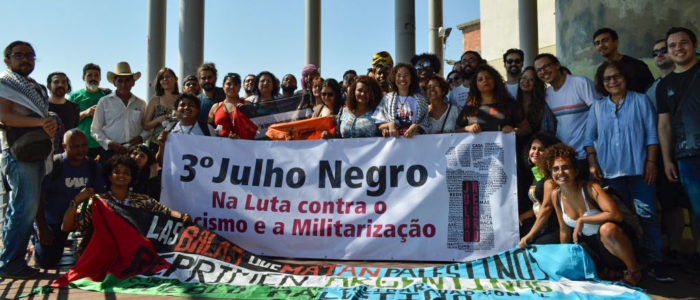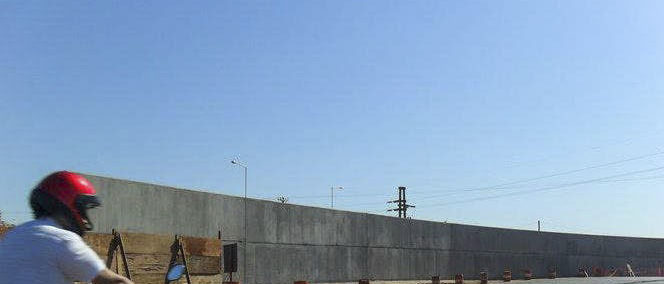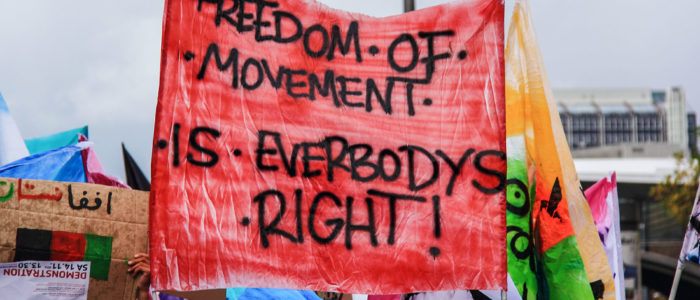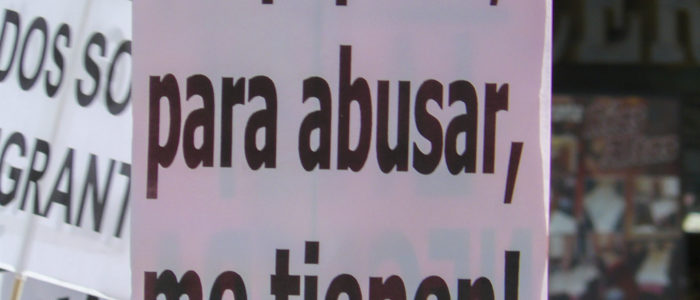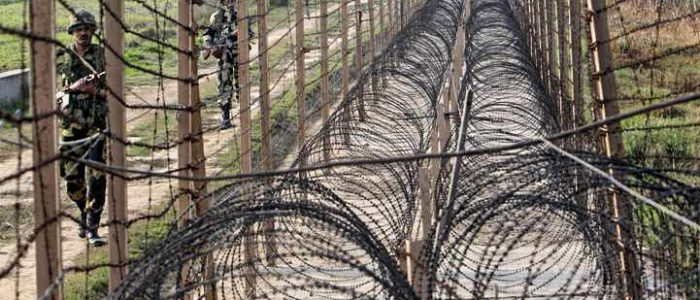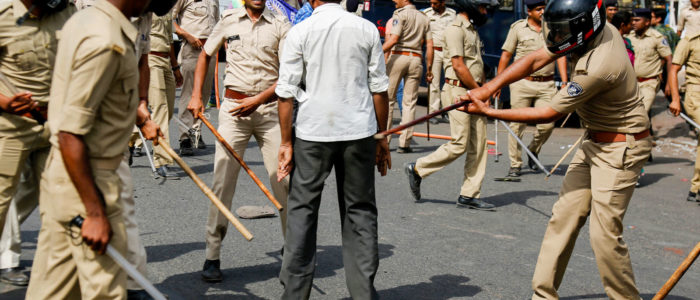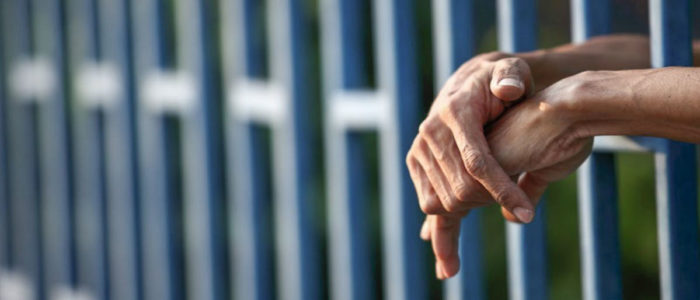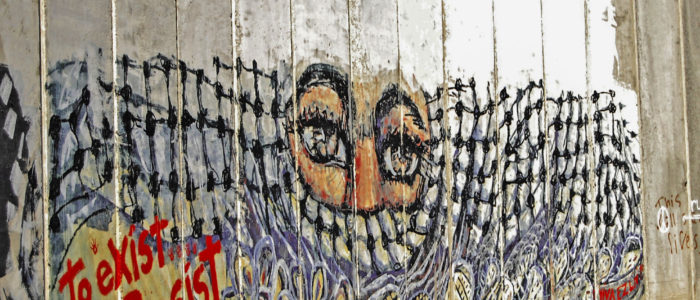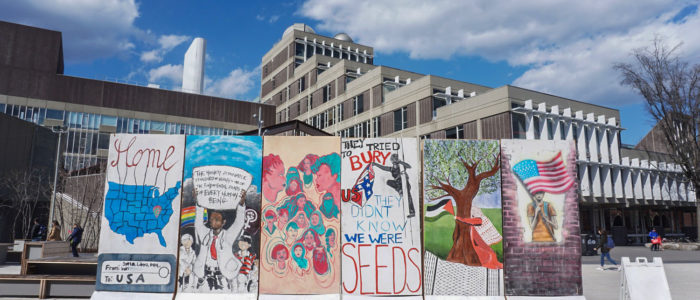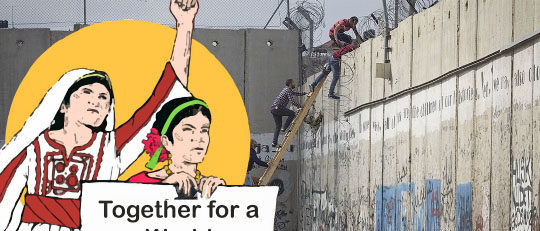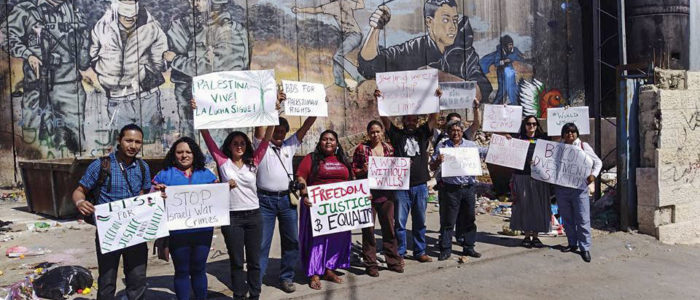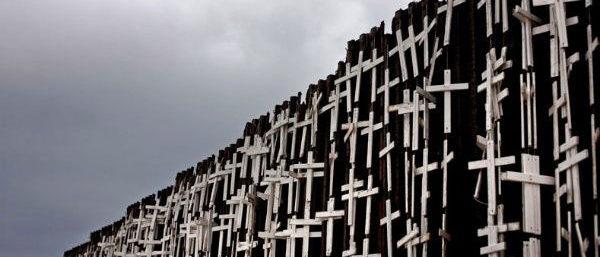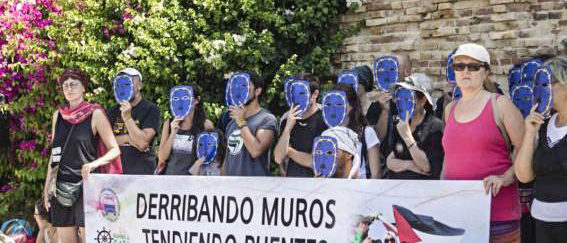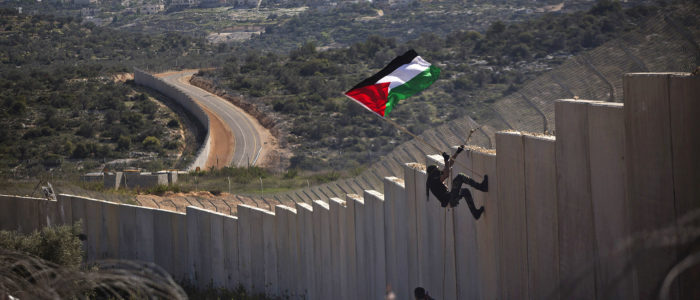Gaza in a World Without Walls
Gaza after the bombings, 13 August 2011. (Credits: OhMyGaza (flickr))
What does a world without borders mean to a Palestinian living in the besieged Gaza Strip? Or, put differently, what needs to be done in order to remove all the walls, physical and immaterial, surrounding the tiny coastal Strip, which is suffering under a multi-tiered system of oppression? In this essay, I will address the issue from a personal point of view and then move towards addressing the more pressing question of what is to be done?
I am an academic teaching Literature and Cultural Studies at Al-Aqsa University. I received my doctorate degree from the University of Johannesburg which I joined in 1997, three years after the collapse of the walls imposed by the apartheid system, only to return to Palestine three years later and end up confined within the walls of what has become the largest open-air prison on earth. In 2006, the US and Israel “allowed” Palestinians in the West Bank and Gaza to vote for their representatives in the Palestinian Legislative Council, the legislative body created in anticipation of an ever more elusive Palestinian state. The hope was that Palestinians would vote for a pro-American political force; such a hope was misplaced. Instead, an anti-American political power that opposed the futile negotiations process that had begun with the Oslo Agreements in 1993 won the 2005 elections. That was the beginning of the ongoing deadly blockade imposed on Gaza, home to two million people—two-thirds of whom are refugees — crowded into 360 square kilometers, which makes it the most densely populated area on earth.
I want to begin this introduction by contextualizing the extreme difficulties that we, the Palestinians in Gaza, endure within the walls that apartheid Israel, aided by the US and Europe, has erected around us. Confinement did not begin with the current siege, but with the Oslo Accords, signed in 1993. I will illustrate this experience with a personal story. In the year 2000, after finishing my degree in South Africa, I decided to return in order to start a teaching career at Al-Najah University in Nablus in the West Bank. That was before the eruption of the Al-Aqsa Intifada, when there was “peace”, and some people could use the so-called Safe Passage (controlled by Israel) between Gaza and the West Bank. I applied for the necessary permit and handed in the required documents from Al-Najah. One week later, I was told that my application was rejected — no reason was given. So, I tried another route. I went to Eretz checkpoint in order to apply for a magnetic card, that is a computer card that gives Israeli military access to all files the Shin Bet, the Israeli secret services, keep about the person. I had to stand and wait in a queue from six in the morning, hoping to be interviewed by an officer in order to find out as to why my “safe corridor” application was turned down. They kept me waiting until five in the evening, and then asked me to leave. I have not been able to visit the West Bank since the First Intifada began in 1987. The Oslo Accords, signed in 1993, in fact, initiated the siege.
Today, restrictions are much tighter. In 2005, Israel turned the Gaza Strip into the largest open-air prison with the largest population of inmates in the world. It cynically called this process “withdrawal” of its illegal settlers that had until then colonized the area. The international conspiracy of silence towards the genocidal war taking place against the two million civilians in Gaza is effective complicity in these war crimes. The Gaza Strip is not only hermetically sealed by a wall, but also with every conceivable tool of repression, including electric fences and watch towers manned by trigger-happy soldiers who shoot first and ask questions later. The thousands of Israeli soldiers surrounding Gaza shoot to kill any Palestinian trying to escape into Israel, usually in search for work, and sometimes simply food.
Let me elaborate.
Last May, the International Committee of the Red Cross (ICRC) warned of the imminent collapse of the Gaza Strip saying, in a grim statement, that: “The scarcity of energy and the severe shortage of fuel in Gaza have damaged all aspects of life in the Strip” and warning of a “looming crisis” in the public health and environmental sectors due to lack of energy.
This was not the first of such warnings. In September 2015, the UN warned that Gaza could be “uninhabitable” by 2020. The report made it clear that Gaza’s GDP had dropped by 15 % in 2014, and unemployment had reached a record high of 44 %, with 72% of households classified as food insecure. The report concluded that Gaza’s “de-development” had been accelerated by the Israeli assault in 2014.
This situation is not an accident. Some years earlier, the Israeli media had revealed that the Israeli Army had calculated the exact number of calories that Gaza’s residents would need to consume in order to only just survive and avoid malnutrition. And even years before that, Dov Weissglass, who served as advisor to the Israeli Prime Minister, summed up Israeli policy towards the most densely populated area on earth: “The idea is to put the Palestinians on a diet, but not to make them die of hunger.”1
As a result of Israel’s blockade on most imports and exports and other policies designed to punish us, about 70% of Gaza’s workforce is now unemployed or without salary, according to the United Nations, and about 80% of its residents live in grinding poverty. About 1.2 million are now dependent for their day-to-day survival on food handouts from the UN or international agencies. An increasing number of Palestinian families in Gaza are unable to offer their children more than one meager meal a day, often little more than rice and boiled lentils. Fresh fruit and vegetables are beyond the reach of many families. Meat and chicken are impossibly expensive. Gaza faces the rich waters of the Mediterranean, but fish are unavailable in its markets because the Israeli navy has curtailed the movements of Gaza’s fishermen.
Gaza is not only short of raw textiles and other key goods but also paper, ink and vital school supplies. One-third of Gaza’s children started the school year missing necessary textbooks. Our university students come to lectures hungry and unable to concentrate. Of course, cutting us off from the world silences our voice, taking away any academic freedom that Palestinians need to represent themselves. Having to think about basic needs on a daily basis makes it impossible to deal with other social and academic issues that are urgent in the society, setting the people of Gaza back intellectually and socially, so say nothing of the trauma inflicted by the violence of the siege.
It is a violation of international law to collectively punish more than a million people without even bothering to accuse them of a crime. But Israel has shrugged off the law, has ignored the repeated demands of the UN Security Council. It has also dismissed the International Court of Justice in The Hague.
Decades of demonizing Palestinians, in general, and Gazans, in particular, have led to their dehumanization and to the proliferation of stereotypes and sweeping generalizations about them, that culminate in statements such as the assertion by Israel’s former defense minister that “there are no innocents in Gaza”.2 The decades-long slow genocide inflicted on them and their incremental death, therefore, is not registered by the world’s conscience. We fully understand that the deliberate withholding of food or the means to grow food or the access to food is yet another strategy of Israel’s occupation, colonization, and apartheid in Palestine and, therefore, should be viewed as intentionally genocidal.
What is to be done?
What exactly are Gazans, in particular, and Palestinians in general, demanding from the international community? As we embark on our long walk to freedom, we have come to the conclusion that we can no longer rely on governments. Only civil society is able to mobilize to demand the implementation of international law and put an end to Israel’s impunity.
Our inspiration is the South African anti-apartheid movement. The intervention of civil society was effective in the late 1990s against the apartheid regime of White South Africa, and it can do the same thing in support of a just peace in Palestine.
Nothing will force Israel to abide by international law except people of conscience and international civil society. Without the intervention of the international community, which was effective against apartheid in South Africa, Israel will continue its war crimes and crimes against humanity. And that is exactly what happened in 2009, 2012 and 2014 when it launched massive attacks, killing thousands of civilians and injuring more, many of them women and children.
We must formulate the kind of response that could actually defeat the multi-tiered system of Zionist oppression, which includes occupation, ethnic cleansing, and apartheid. The moment the entire international community, that is civil society and governments, decides to act the same way it did against the apartheid system of White South Africa, Israel would have to bow to the voice of reason represented by the call for boycotts, divestment and sanctions, which was issued in 2005 by more than 170 civil society organizations and endorsed by almost all Palestinian political and social forces inside our homeland and in the Diaspora.
We know that it took the international community thirty years to heed the call made by the oppressed of South Africa. The urgent question, then, is how long the world will tolerate Israel’s blatant racism?
The latest BDS successes are, in fact, what we have been calling for since 2005. But we, residents of Gaza, are unable to fathom how it is that, despite Israel’s ethnic cleansing and the latest war crimes committed against us, which are well documented by major human rights organizations, and despite Israel’s colonization and apartheid, companies and international institutions still carry on business as usual with Israel.
Hasn’t
it become crystal clear, after all these years and thousands of
reports by mainstream human rights organizations, that millions of
Palestinians are denied their basic human rights, including the full
right to education, free movement, work and health? We are deprived
of a normal life because of more than 600 Israeli checkpoints, the
medieval siege of Gaza, and the apartheid-like discrimination faced
by Palestinian citizens of Israel.
We
believe that it is our right to expect people of conscience to join
us in our struggle against Israeli apartheid by boycotting this
intransigent, racist and militarized Israeli regime and the
institutions that keep it thriving! We, Palestinians, are an
oppressed people without a state. We increasingly rely on
international law and solidarity for our very survival.
What we want is the implementation of international law, an end to the Israeli military occupation of Arab lands occupied in 1967, an end to the policy of colonization and apartheid as practiced by Israel against the indigenous population of Palestine of 1948, and the return of Palestinian refugees who were ethnically cleansed in 1948. Is that a call for the end of the state of Israel? Was the boycott of apartheid meant to end South Africa as a country, or to end racism in its ugliest forms?
Israel is a settler colonial, apartheid state and the methods — or tools of struggle — used against Apartheid South Africa can be used as a model in our struggle against Apartheid Israel. Transforming Israel from an ethno-religious apartheid state into a democracy should be the objective of every person that believes in basic democratic principles.
With pressure imposed by the international community through boycotts, divestment and sanctions as was the case in the times of the anti-apartheid movement, which brought Apartheid South Africa to an end, we believe that Israel itself can be pressured to end its multi-tiered system of oppression.
The BDS movement is intended to help secure the democratic rights of the Palestinian people as a whole. We strongly believe that the struggles of the Palestinian people whether as citizens of Israel or in the occupied West Bank and Gaza Strip, and even in the Diaspora are inseparable. This is the rights-based alternative to the façade of Oslo, which was a “peace” based on the normalization of apartheid. It can provide all Palestinians with a solution that guarantees peace and justice, namely the right of return and equality. Only then can Gaza be transformed from a ghetto surrounded by trigger-happy soldiers and snipers to a beautiful coastal enclave open for citizens of the world to visit and enjoy its rich, ancient and multi-cultural history, the same way people are enjoying the beaches and natural reserves of multi-racial South Africa.
That is our vision of a world without walls.
1 Conal Urquhart, “Gaza on brink of implosion as aid cut-off starts to bite”, The Guardian, 16 April 2016.
2 Tovah Lazaroff, “‘There Are No Innocents In Gaza,’ Says Israeli Defense Minister”, Haaretz, 8 April 2018.
